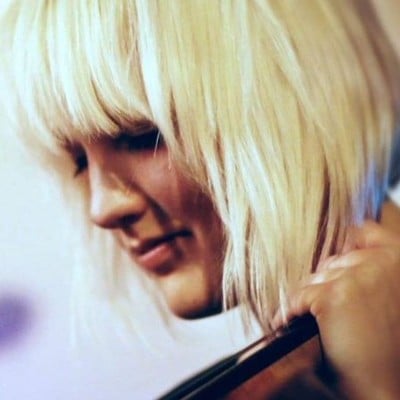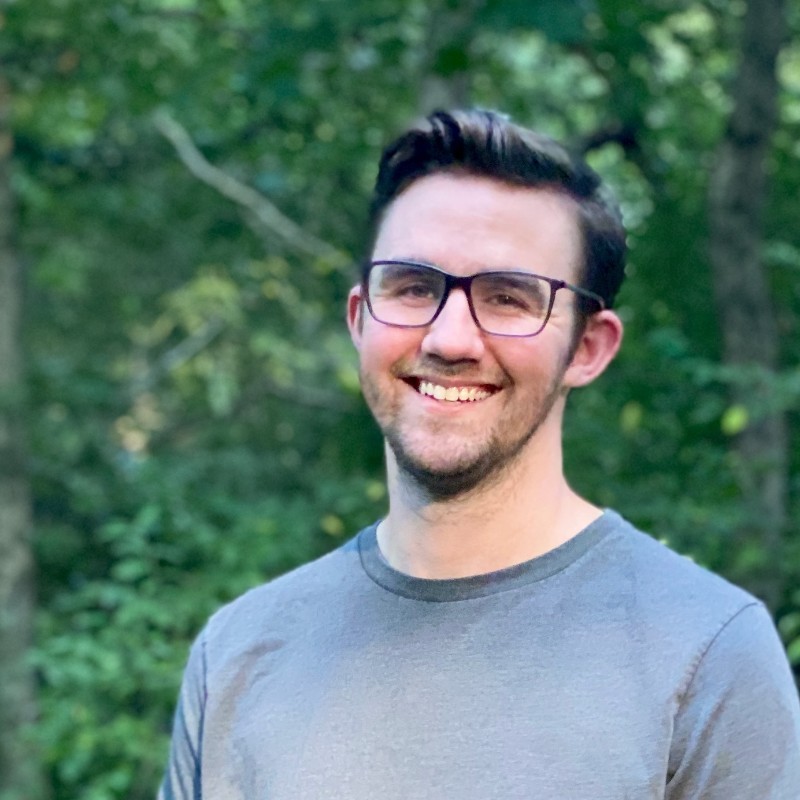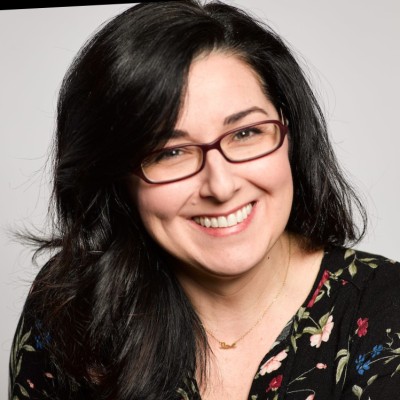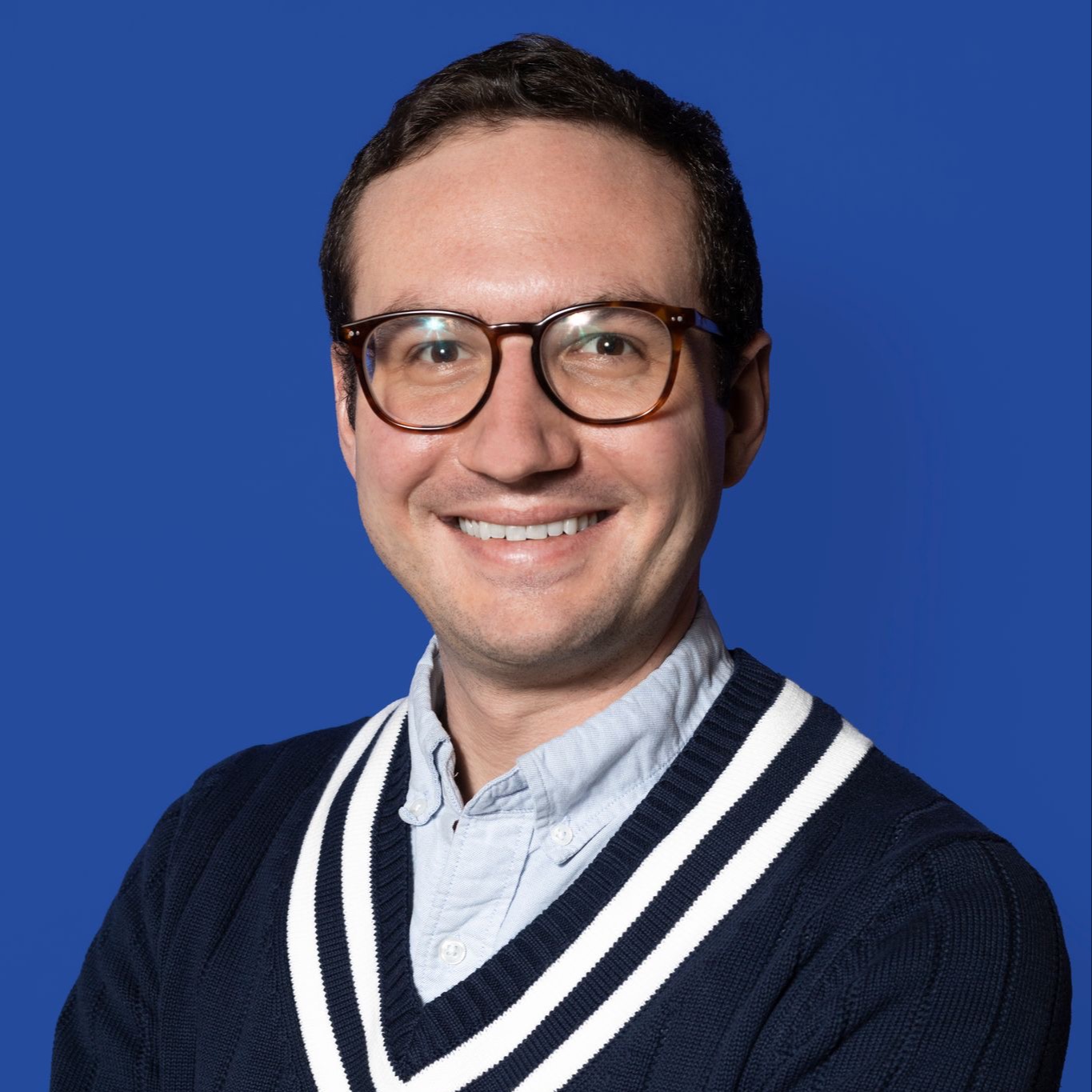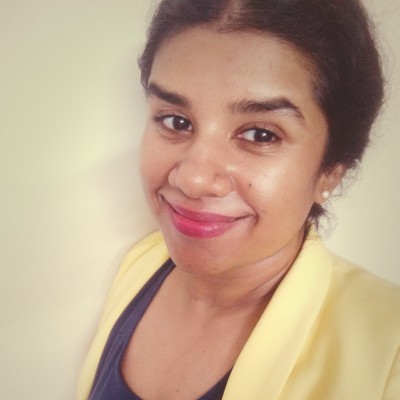Hi, I'm George.
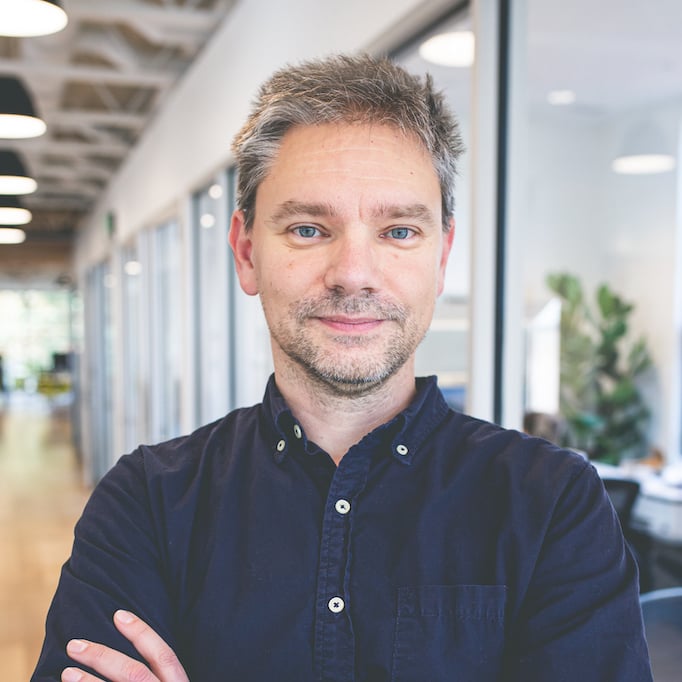
George Sudarkoff
Executive Coach
I’m a leader with 30+ years of corporate experience, I’ve started… and failed… a few businesses.
I’ve transformed my ADHD from a source of shame to a superpower I’m proud to name.
I’ve been there too!
Before I was diagnosed with ADHD, I worked my ass off day-after-day, burning out so I wouldn’t lose my job. Feeling like a failure daily, even if it seemed like I was succeeding on the outside.
Where it all began:

It wasn’t until I quit my W2 job to start a company in 2019 that I realized how much structure it gave me to compensate for my ADHD.
I didn’t know what was important or if I was moving the needle toward growth.
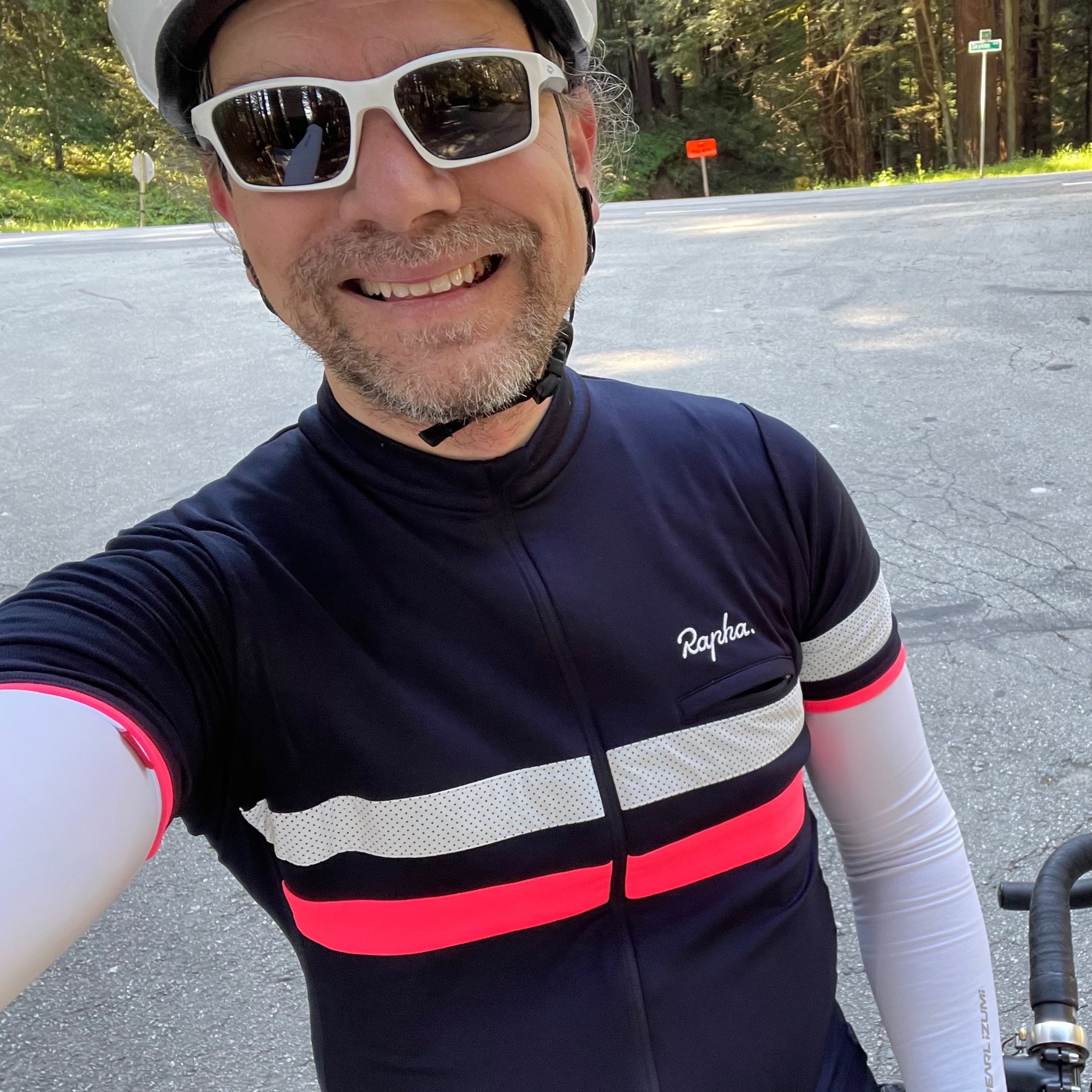
I was diagnosed with ADHD at age 47. It was at an appointment getting my son diagnosed that I recognized all the symptoms in myself too.
After a lifetime of struggle and self doubt, believing that I was just a failure, being told that I wasn’t reaching my full potential, I had an answer for why my brain worked the way it worked.
And now:
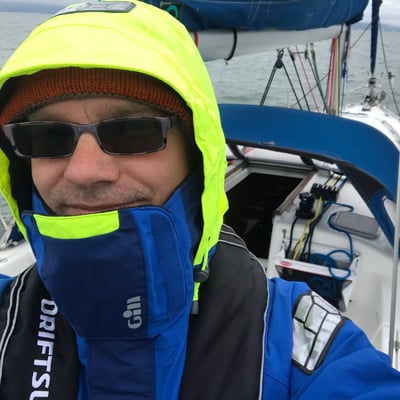
I learned about my own brain by coaching other leaders with similar brains.
My clients are neurodiverse, and we just vibe. I get what you’re going through because I’ve been there too.
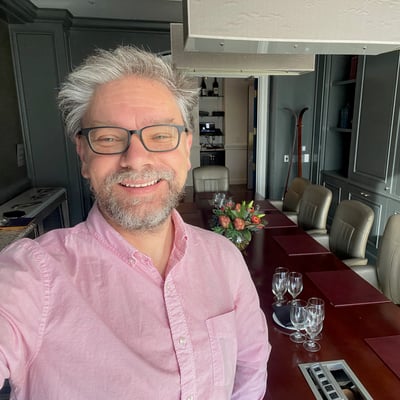
Now, I run a successful coaching business without hustle.
I use the strengths of ADHD: creativity, passionate hyperfocus (skillfully deployed), and curiosity to connect with neurodiverse executive clients.
What to know about working with me
I’ll meet you where you are, with curiosity.
With an open mind and genuine interest, I will engage with you where you are.
Coaching is about more than just a-ha moments.
I’ll challenge your thinking, help you learn new skills, and use those skills to create new habits and practices so you can focus on what matters.
My core values:
- Empathy
- Curiosity and creativity
- Independence
My guiding principles:
- No leader should ever feel alone and unsupported.
- Never discourage anyone who’s making progress, however small.
- When in doubt, climb higher!
- Say what you mean. Don’t be mean.
- I'm never done learning.
What my clients are saying
My work with George has been truly transformative for me as a leader in my organization, and for my own career trajectory in general. I have more confidence in my abilities, and more grounded self-awareness about how I work best and what I need to support my own growth. I'm so grateful for the opportunity to work with George!
Colette Alexander
Senior Director of Engineering | HashiCorp
George has been instrumental in helping me find my voice as an executive. I’d recommend him to anyone who feels they need a trusted advisor to help them navigate a leadership role.
Aaron Snyder
Co-founder & CTO | CorePilot
George is good at observing people and assessing what they may need to move forward without telling them directly what to do.
Jaimie Qaiyumi
Co-founder & CXO | Boatzilla, Inc.
George helped me take my career to the next level despite struggling with ADHD and prioritizing effectively. Through our sessions, George understood the challenges specific to ADHD and provided both tangible and intangible tools to solve my problems. The intangible tools, such as gaining clarity on my core values, have had the biggest breakthroughs and value in my personal and professional growth.
Matt Brems
Principal Data Scientist | DataRobot
I am truly grateful for the opportunity to work with you. I have learned a lot from you and gained a new perspective through your gentle but firm coaching and guidance
Shwetha Thammaiah
Engineering Leader | Uber
